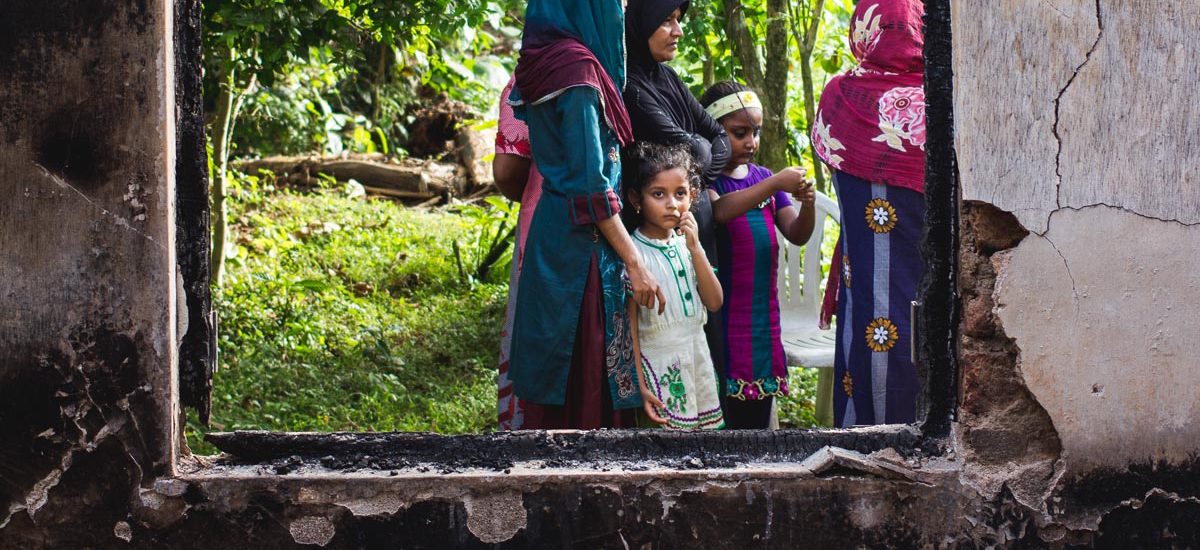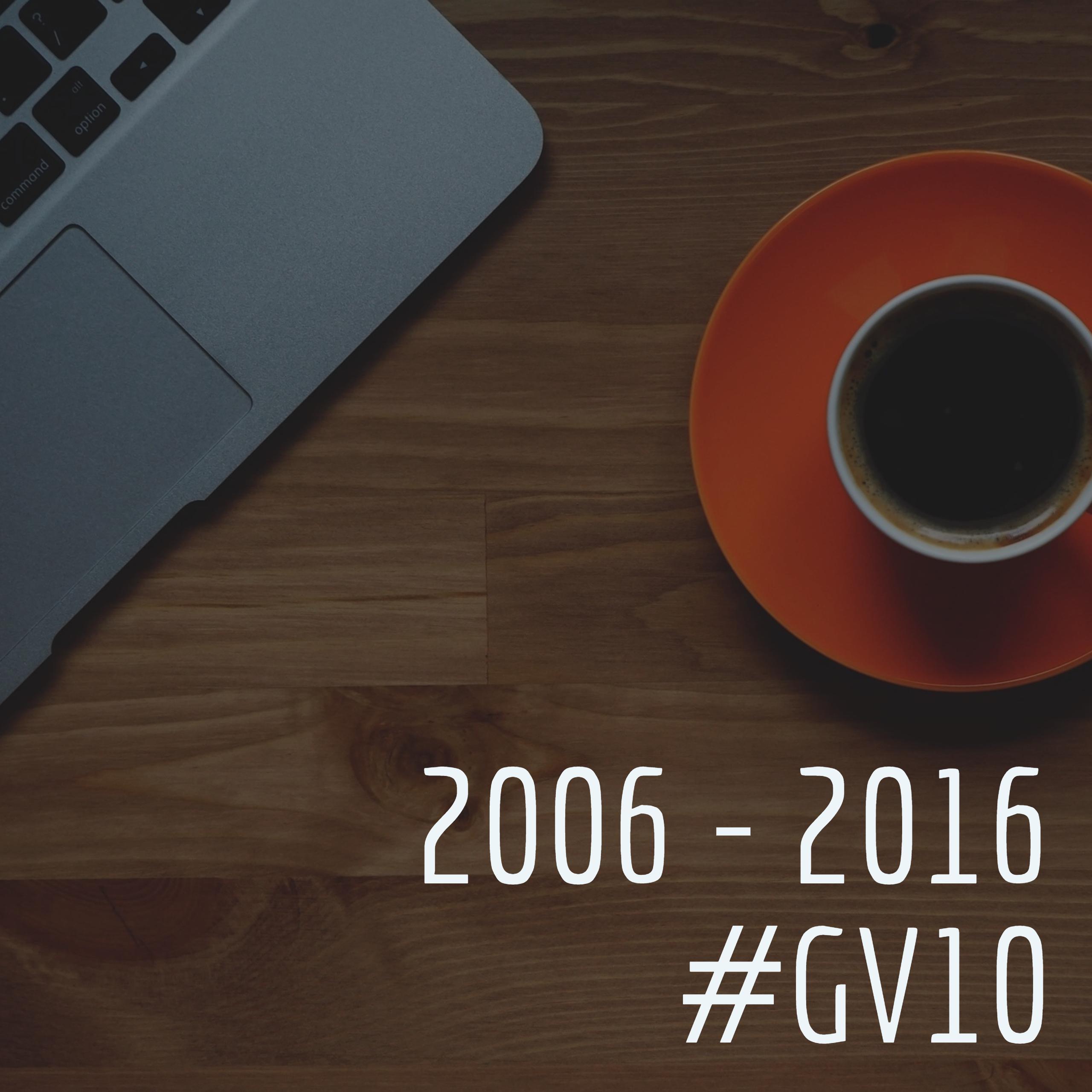Photo courtesy Abdul Halik Azeez
In September 2013, I lost my mother. 8 months after that, in May 2014, I lost my brother. They were significant people, in more ways than one. There is no need for me to describe who they were to you; they were also yours in many ways. Sunila Abeysekera and Sanjaya Senanayake were people who touched and shaped the lives of many others. They were hardly ever only mine.
But they were mine in some ways in which perhaps they were only mine. Having had them in my life – having them still – is my greatest privilege. It is impossible to reflect on the changes in our world without reflecting on how they changed our world, and how losing them changes it too.
From where I stand, every loss and every momentous gain only serves to remind me of how deeply loss and gain are mixed up in me now. I celebrate and grieve together. There are no clear divisions anymore. And maybe that’s a part of growing up; that you begin to see that many things can be true at the same time; that contradictions are life; that pain and joy live side by side; that you cannot ever really lose someone or something important and not find that after that, every time you mourn anything, you mourn everything.
I am permanently altered – as our world changes in drastic ways around us – and never before, have the political and the personal felt so close to each other inside me.
###
Losing my mother has been and is viscerally painful; in all ways possible to feel pain, it is painful. The grief comes pouring out. But I have been able to navigate this, feeling her presence guide me even there; I have mostly been able to understand my grief, I accept it, I have even been able to write about it.
As for my brother, it has been a long, dark silence. Every time I wrote about my mother, I felt guilty for not writing about my brother too. But I have not been able. I have simply not been able. There are no words, only silence.
There are some things – no matter how painful – that we seem to have some inherent, almost genetic, training to accept; these are things of which we can make sense in some small way. Losing your mother is something like that. It turns your world on its head, but somewhere in your blood, you are prepared to face it. It is a tradition of children. It is our inheritance.
Similarly there are things for which nothing, no part of your inheritance or your history, no part of your body or mind, can prepare you. Losing your sibling, I suppose, is something like that. It is not acceptable. It is just violence. It is as meaningless as violence. It makes no sense. He should still be here. There is nothing to teach me this ability; how to lose my brother.
If there is a way in which I have negotiated with this ‘double-tragedy’, this irreconcilable pain – I converse with it every day, to ask what it wants to take and what it can give in return – it has been through attempting to immerse myself, in what ways I can, in their worlds. I traverse the spaces in which they belonged – among the women who lead our women’s movement, who laugh as loudly as she did; among journalists and information gurus who receive phone calls from invisible sources and who always seem to know what’s up. I traverse these spaces taking it all in, like a child in a museum – except this museum is alive and it needs me to speak too.
###
Weeks after my mother died, Nelson Mandela died. This was perhaps the first taste I had of what life was going to be like after; life after death. I grieved Mandela personally and deeply, grieving her too, all over again. I was moved by his life and the ways in which others like him – others like her – chose to remember him upon his death. But I wished she was with me to talk me through it; I wished she was there to tell me stories about how his vision had changed her as a young person; but I also wished she was there to talk me through the niggling doubts I had about him as a man – Evelyn Mase’s allegations of adultery and domestic violence, the erasure of the significance of Winnie Mandela from the narrative of his life.
This was going to be life in the world, the life of our world; becoming who I was raised to be, by deeply political people who did things like grieve Nelson Mandela personally; by people who had left me alone in a world which they had opened up to me in all its complexity.
Every meaningful political moment has made me wish they were still here – in ways distinct, but also the same, to the ways in which I wish they were still here all the time anyway.
The Aluthgama riots of 2014 brought this sharply into focus. It happened while I was on a two-week break from University on the east coast of Sri Lanka, on a beach a stone’s throw away from a Muslim town; I felt everything screeching to a halt. People were scared. I was angry, confused; I couldn’t believe it. I picked up the phone to find out more, to find out what was really happening, to find out what I could do. But I could no longer call my brother. We had lost him just about a month before. How could I describe to anyone else how I felt? Who would help me understand this violence better? What was happening in our country?
In January 2015 when Sri Lanka elected a new president, defeating the Rajapakse regime, I woke up feeling it was their victory too. My mother and my brother would have wanted to see this. They would have had good analyses of what it meant. They would have had healthy criticism but optimism, too, when we most needed it. They would have already gotten to work, building new bridges and revitalizing old ones in preparation for building a better society. They deserve to have known it was possible.
Many of us, we were happy to be rid of the Rajapakse regime. I didn’t want to hesitate in cynicism. I wanted to be made of optimism, too. I wrote a piece for Groundviews, in that moment, called “It Is Personal, It Should Be To Us All”: in this, I wrote about a marriage of the personal and political, seemingly a resounding theme in my life, I wrote about being unapologetic in taking a stand, and I wrote about our responsibilities to democracy and justice.
Many more things have happened since I wrote that piece for Groundviews, in my world, in our world. Our nephew was born. I fell in love. I graduated from university. I came back home. My grandmother has aged. Our coalition government and the president we elected and celebrated are slipping from the pedestal we placed them on. We don’t like the familiar strains of chauvinism we hear, the inaction we see in the face of violence against minorities. We don’t like that things continue to be shrouded in mystery when we were promised transparency. Aung Sun Suu Kyi has failed us. The West has gone far-right; Brexit happened, Trump was elected president of the United States, Hillary Clinton – who could have been their first woman president – lost to him. I have become closer to my father. He is a great teacher, a good man. We are anxious about the increasingly overt Islamophobia in Sri Lanka. Fidel Castro died and America wants to shape how we remember him. Leonard Cohen died and I remember Ammi singing ‘Hallelujah’ to me as a child. I am trying to write more. I am becoming more and more awake to my feminism every day. I am trying to find my place in the women’s movement. I am trying to find my place.
Through all this, I have navigated both alone but also while surrounded by other good people who were at their sides all along – I have tried to recall her skill for complicating any narrative and his patience for online arguments; her optimism and belief in the essential goodness of people and his inventiveness in countering hostility; their loyalty. I don’t know if I have any of their qualities, but I have their friends.
Losing them was not only my loss but a loss for us all, for our world. Even now, I never feel comfortable saying it is a ‘personal tragedy’. And as with all collective-personal loss, we grieve not only for the people we lose, but for everything we lose along with them; we grieve and we miss, as we try to rebuild around their memories and legacies, a world of which they could have been proud.
###
I think what we truly lost when we lost them are the infinitely meaningful and unique perspectives that they each, in their own way, added to any conversation or debate. They thought things through; they always thought of that other angle; they embraced new knowledge and other truths; they questioned their own responses and their own conditioning.
I keep thinking to myself, what would they say about this world we are in, right now? What would they say to this world? What would they say of this world where hostilities which people fought hard to push to the fringes, now seem to be finding their way into the mainstream? What would they say about a government who asked us to trust them and seem to be failing us? A government who now doesn’t seem to care about much, other than apartment complexes for the wealthy? What would they say about America electing and normalizing a hateful demagogue? I can’t know what they would say, I can only imagine – project – what I would want them to: have patience. Take time. Think again. Stay strong. Listen, but also speak up. Now is the time to speak up.
Finally, in losing them, I am stitching together the personal and the political, like they had done in their lives. I am evoking their spirit of activism through that stitching, in my own way. I am learning to grieve our collective losses more deeply, celebrate our collective gains more wholly. I am learning to be vulnerable to the personal and the political; I am learning to blur the lines. I am learning not to become complacent in hardened positions but also to never compromise on the principles which matter.
It is now, in losing them, that I have really become more her daughter, more his sister.


